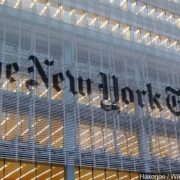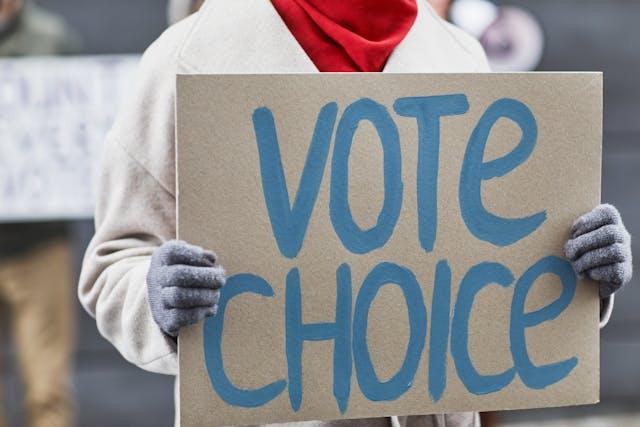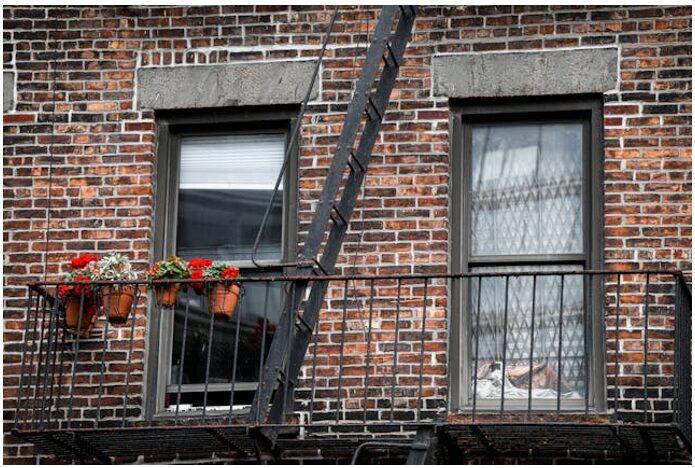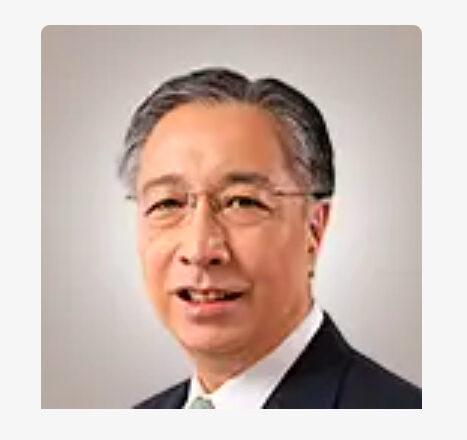Malacañang on Saturday, August 3, slammed the New York Times (NYT) for spreading “false information” about the Duterte administration.
In the NYT’s editorial entitled “In the fight to save the planet, its defenders are being killed,” the publication cited a survey by rights group Global Witness that named the Philippines as the most dangerous country for land and environmental activists.
According to presidential spokesperson Salvador Panelo, the editorial was “not surprising” since the newspaper “has been dishing out false information and untruthful narratives on the Philippine situation” under President Rodrigo Duterte’s leadership.
“The American publication has not exerted the research required of responsive journalism. Neither did it conduct an in-depth independent study on such a delicate subject-matter,” he said in a statement.
“The NYT has the reckless habit of relying mainly on false facts regarding this administration’s campaign against illegal drugs and the causes of murders occurring in the land areas of the country, peddled by the communist rebels and their supporting left-leaning organizations, as well as the political opposition,” Panelo added.
The spokesman pointed out that communists were to blame for the high number of land defenders’ killings, not the government.
“Global Witness made it appear that it is the government which is to blame for the situation, while failing or omitting to factor the local communist movement and armed conflicts as critical components thereof,” Panelo said.
“It has not considered the fact that many of our local authorities, security forces and even tribal leaders died protecting land rights against communist insurgents who want to control these areas. Necessarily, the president had to undertake measures to maintain peace and order in the affected localities,” he added.
Panelo also defended Duterte after the NYT editorial called him “brutal.”
“The president is not brutal. He does not allow any law enforcer to use savage methods in enforcing the law. Anyone who goes against police protocols in effecting arrest and complying with court orders are prosecuted administratively and criminally,” Panelo said.
“The president is very strict in enforcing the law. No friendship, alliances or blood relationship temper nor impede this enforcement. No one is spared from the harsh application of the law,” he added.







